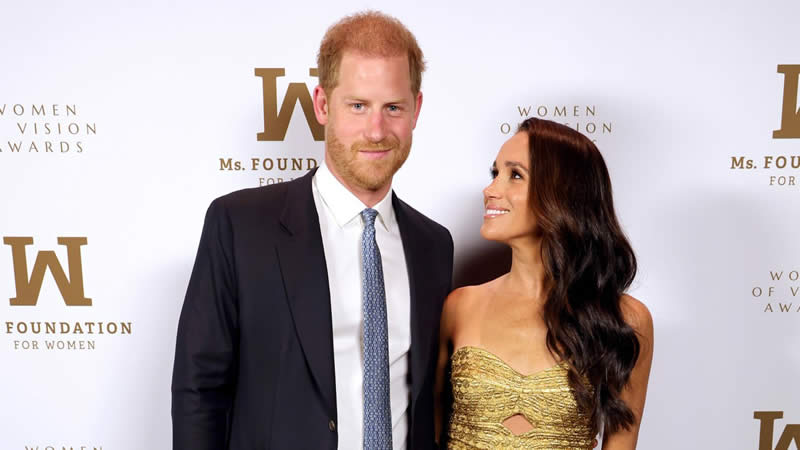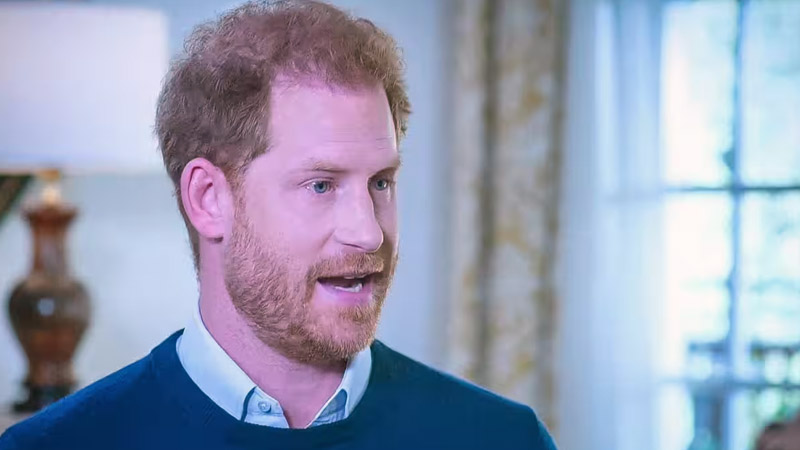The BBC is facing intense criticism following Prince Harry’s recent interview, after the broadcaster admitted it failed to include Buckingham Palace’s perspective on key claims made by the Duke of Sussex.
The backlash stems from what many have called a serious lapse in editorial responsibility, with the British Broadcasting Corporation long regarded as a standard-bearer of impartial journalism, accused of allowing one-sided coverage.
More: Prince Harry’s palpable self-pity lands him in hot water, says Royal Expert
More: Royal Expert Reveals the Real Reason Prince Harry Dropped That Bombshell Interview
In a formal statement published on its website, the BBC acknowledged the oversight. “We failed to properly challenge this and other allegations,” the statement read. “This case is ultimately the responsibility of the Home Office, and we should have reflected their statement.”
The broadcaster also conceded that the royal household’s position should have been included in the segment.
“We should have given the view of Buckingham Palace,” the BBC added. “This was a lapse in our usual high editorial standards.”
The controversy follows a recent interview Prince Harry gave to the BBC, in which he discussed ongoing issues related to his security arrangements in the UK — a matter that has been repeatedly addressed through the legal system.

Just days before the BBC’s apology, Buckingham Palace had issued its statement in response to the interview’s claims. “All of these issues have been examined repeatedly and meticulously by the courts, with the same conclusion reached on each occasion,” the Palace said, reiterating that Prince Harry’s arguments regarding personal security had been thoroughly reviewed and settled by the legal process.
The BBC’s failure to present this context in its coverage has led to accusations of editorial imbalance and has raised questions about the outlet’s handling of sensitive topics involving the royal family. Media analysts say the incident has triggered broader concerns about declining journalistic standards, particularly when covering high-profile figures.
More: Prince Andrew appears ‘upset, frustrated’ as Royals mark VE Day without him
More: Queen Camilla Honors WWII Heroes in Poignant Clarence House Moment
Critics argue that the BBC’s platform lends considerable weight to any statement made during an interview, and that omitting a relevant counterpoint, especially from a major institution like Buckingham Palace, undermines the audience’s ability to make informed judgments.
While the BBC’s prompt acknowledgment of its error has been welcomed by some, others insist the damage to its credibility has already been done. As public trust in media institutions continues to be tested, the broadcaster’s editorial decisions, especially in matters involving the monarchy, are likely to face heightened scrutiny in the weeks to come.
You Might Also Like:
- Trump Allies Launch $1M Ad Blitz to Oust Kentucky Rep. Thomas Massie
- Tennessee Teen Kidnaps 3-Year-Old After Brutally Attacking Child’s Father with Plunger and Bleach
- Florida Women Accused of Giving Teen Alcohol Before Assault by 15-Year-Old Boy
- Prince Harry Reportedly Flees U.S. Over Kids’ Safety, Admits ‘Huge Mistake’ in Life
- Beetroot Juice Shown to Lower Blood Pressure as Effectively as Medication

